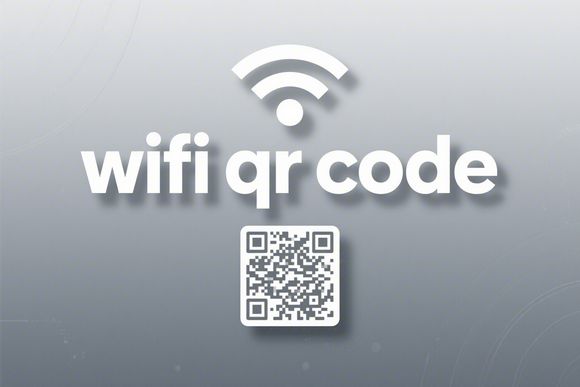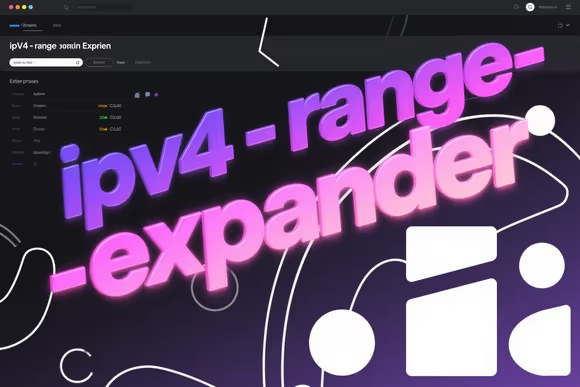MAC Address Generator
Generate random MAC addresses with custom prefixes, case options, and separators. Perfect for network testing, device simulation, and development purposes.
MAC addresses will be generated automatically
About MAC Address Generator
A MAC (Media Access Control) address is a unique identifier assigned to network interfaces. This tool generates random MAC addresses for testing, development, and educational purposes.
A MAC address is a 48-bit identifier that consists of:
- 6 octets (bytes) - Usually displayed as 6 groups of 2 hexadecimal digits
- Organizational Unique Identifier (OUI) - First 3 octets identify the manufacturer
- Network Interface Controller (NIC) - Last 3 octets are assigned by the manufacturer
Example formats:
- Colon notation:
64:16:7F:DA:02:13 - Dash notation:
64-16-7F-DA-02-13 - Dot notation:
64.16.7F.DA.02.13 - No separator:
64167FDA0213
- Set Quantity - Choose how many MAC addresses to generate (1-100)
- Enter Prefix (Optional) - Add a specific OUI or partial MAC address
- Select Case - Choose uppercase or lowercase for hex digits
- Choose Separator - Pick colon, dash, dot, or no separator
- Generate - Click the generate button to create MAC addresses
- Copy - Click on any address to copy it, or copy all at once
Tips:
- Leave prefix empty for completely random MAC addresses
- Use common OUIs like "00:1B:44" for realistic addresses
- For testing, avoid real manufacturer OUIs to prevent conflicts
Generated MAC addresses are useful for various purposes:
Network Testing:
- Simulating multiple devices on a network
- Testing network monitoring tools
- Load testing network equipment
- Creating test scenarios for security systems
Development & Programming:
- Mock data for network applications
- Database seeding with network device data
- API testing with device identifiers
- Simulation software development
Education & Training:
- Learning about network protocols
- Understanding MAC address formats
- Practicing network configuration
- Demonstrating address resolution protocols
MAC addresses can be displayed in several formats:
| Format | Example | Common Use |
|---|---|---|
| Colon-separated | 64:16:7F:DA:02:13 | Linux, Unix systems |
| Dash-separated | 64-16-7F-DA-02-13 | Windows systems |
| Dot-separated | 6416.7FDA.0213 | Cisco equipment |
| No separator | 64167FDA0213 | Programming, databases |
Our generator supports all these formats and both uppercase and lowercase hex digits.
Are the generated MAC addresses real?
No, these are randomly generated MAC addresses for testing purposes. They may coincidentally match real addresses but are not assigned to actual devices.
Can I use these MAC addresses on real networks?
While technically possible, it's not recommended to use random MAC addresses on production networks as they might conflict with existing devices or violate network policies.
What is a MAC address prefix?
A prefix is the beginning part of a MAC address, usually the OUI (first 3 octets) that identifies the manufacturer. You can specify a prefix to generate addresses that appear to be from a specific vendor.
How many MAC addresses can I generate at once?
You can generate between 1 and 100 MAC addresses at once. For larger quantities, simply run the generator multiple times.
Are MAC addresses case-sensitive?
No, MAC addresses are not case-sensitive. 64:16:7F:DA:02:13 and 64:16:7f:da:02:13 represent the same address. However, different systems may display them in different cases.
Related Tools
You might also find these useful

Mac Address Lookup
Lookup the vendor and manufacturer of a device by its MAC address.

IPv4 Address Converter
Convert IPv4 addresses between different formats. Like binary, decimal, and ipv6.

IPv6 ULA Generator
Generate your own local, non-routable IPv6 addresses for your network according to RFC4193. Create Unique Local Addresses (ULA) for your internal network.

WiFi QR Code Generator
Generate WiFi QR codes for easy network sharing. Create scannable QR codes that allow instant WiFi connection without typing passwords. Free online tool with customizable options.

IPv4 Range Expander
Calculate a valid IPv4 subnet from a start and end address range. Get CIDR notation and subnet information with this free online tool.

IPv4 Subnet Calculator
Calculate subnet information from IPv4 CIDR blocks. Get network address, mask, range, and more with this free online subnet calculator.